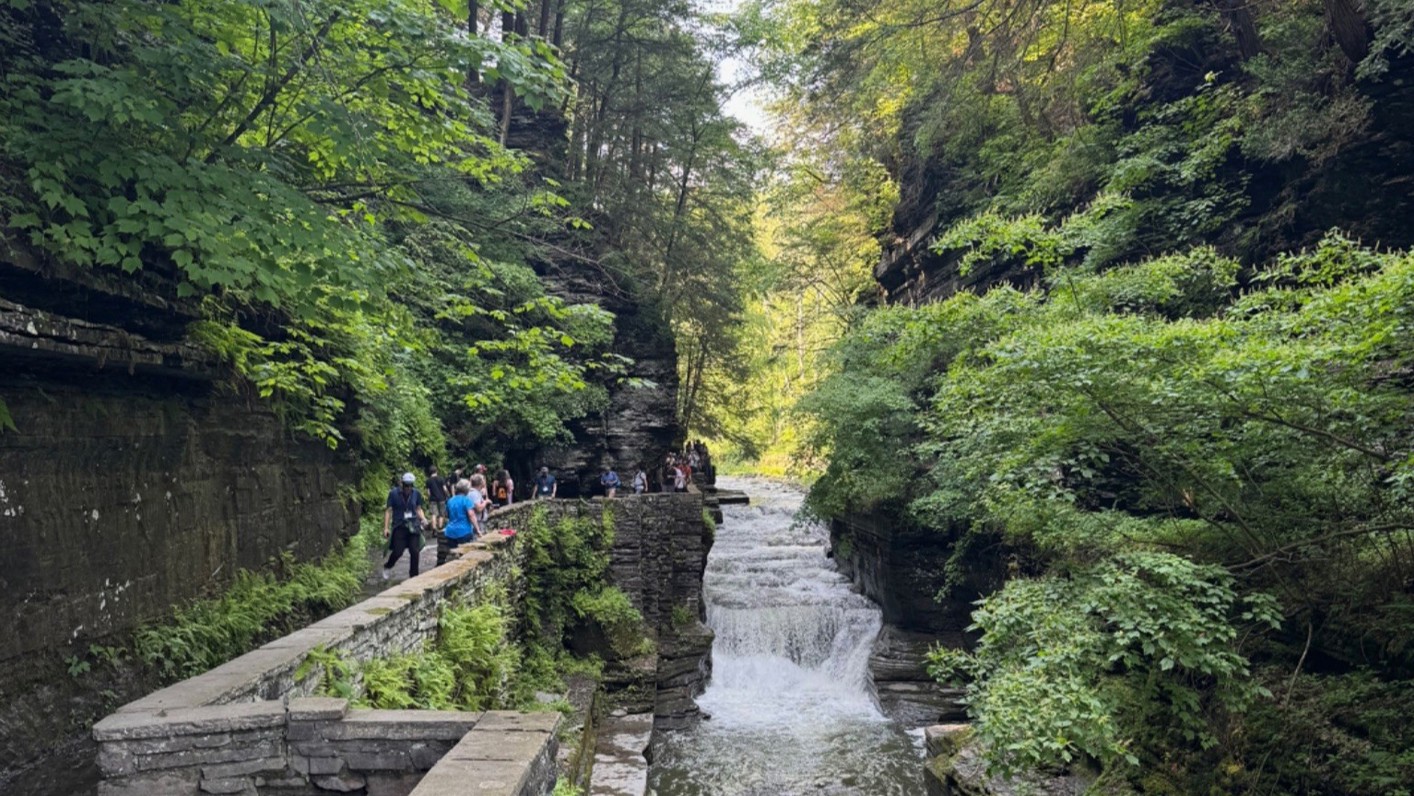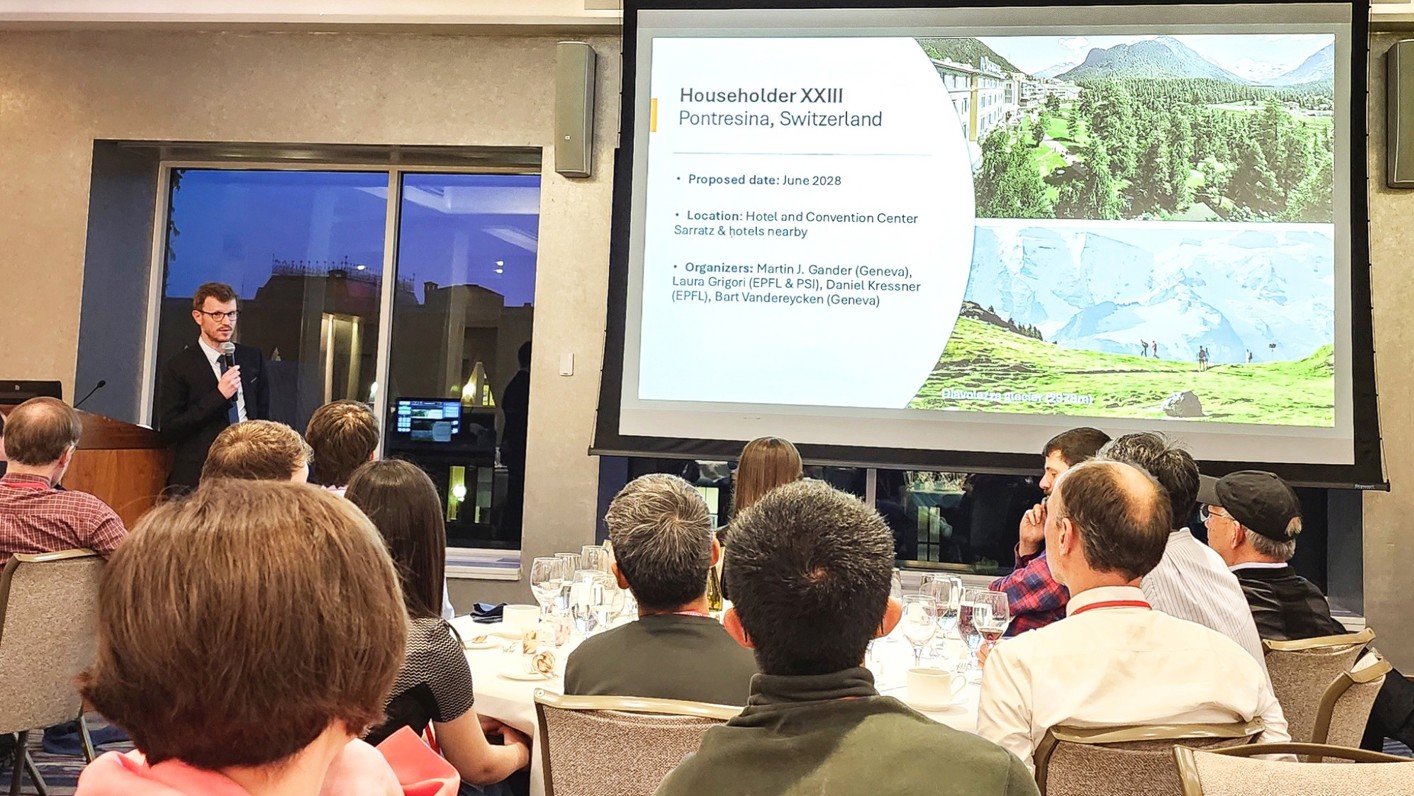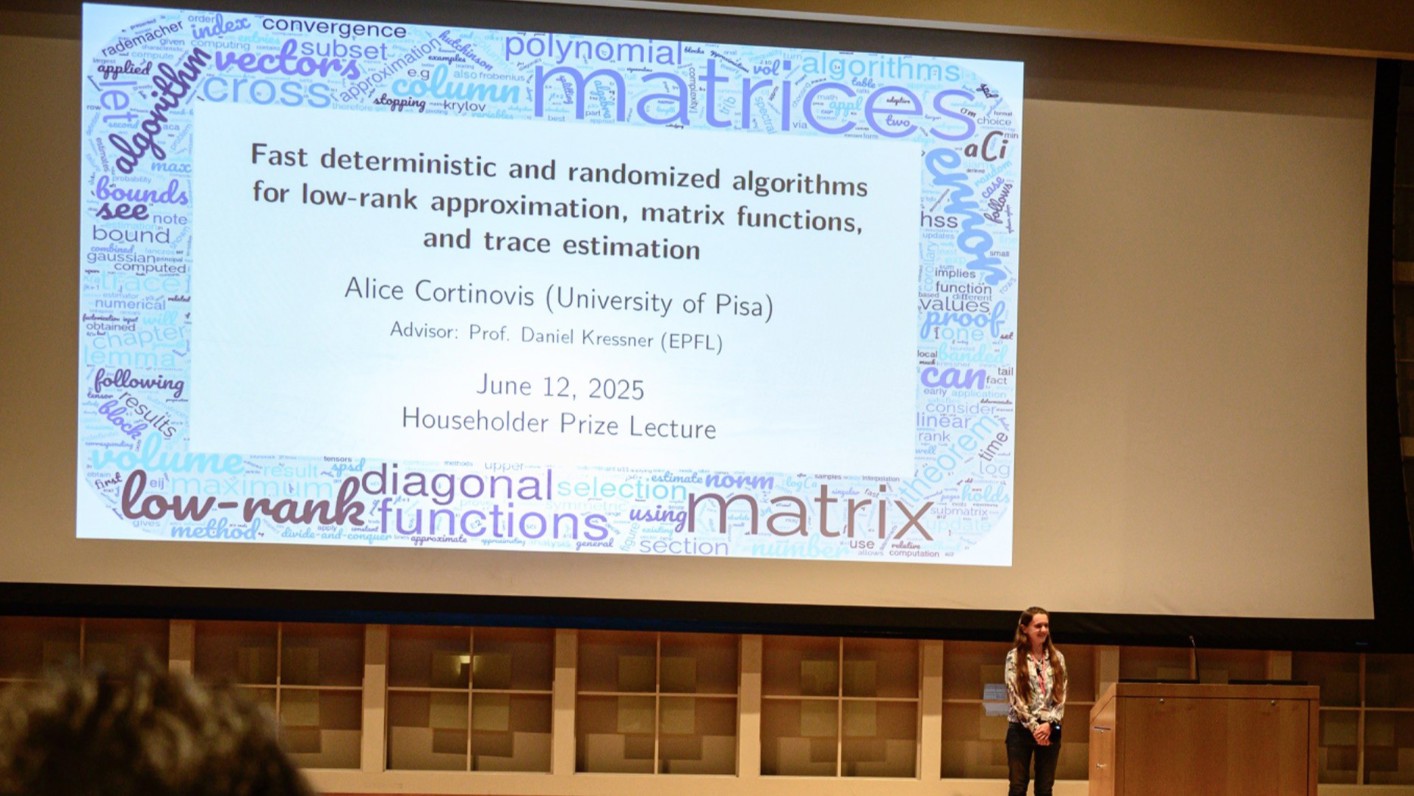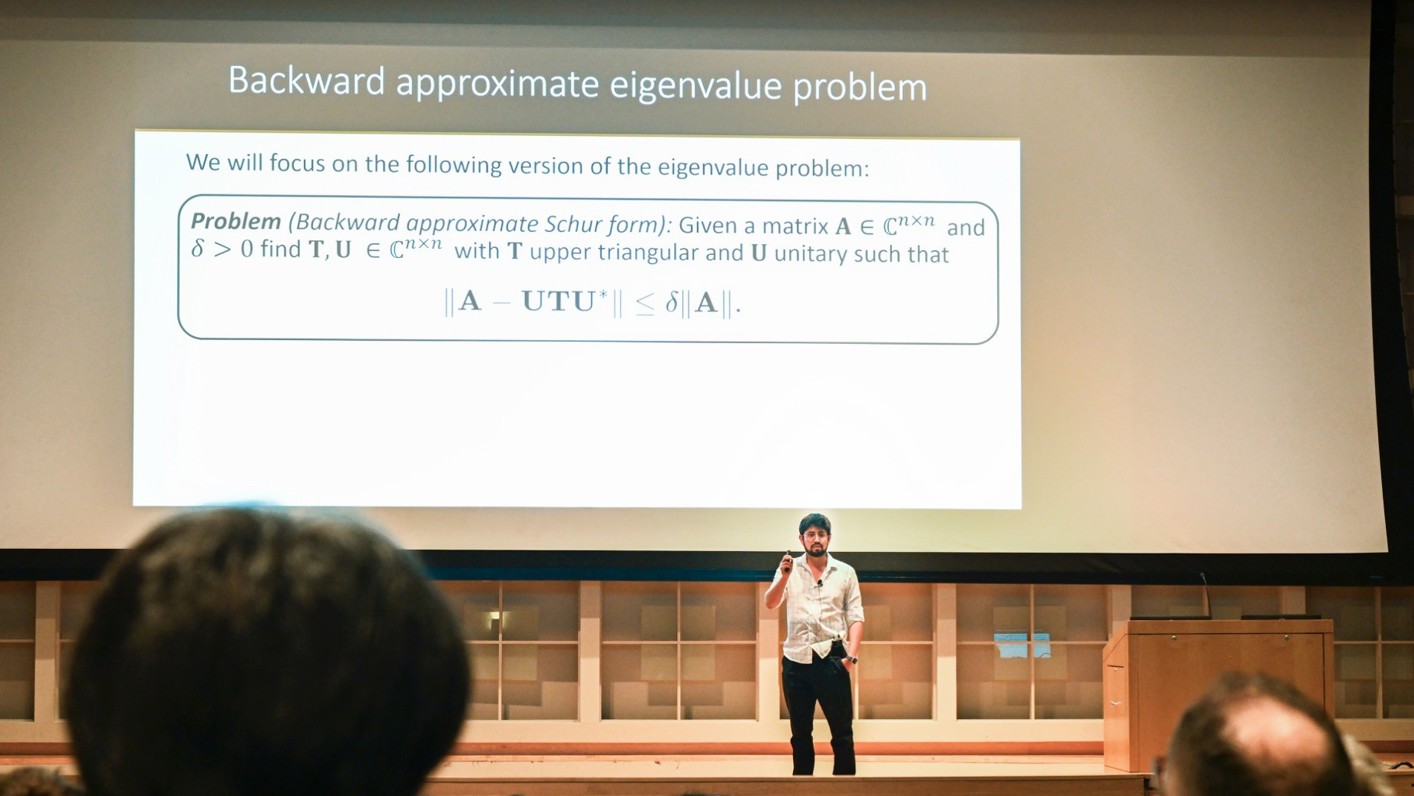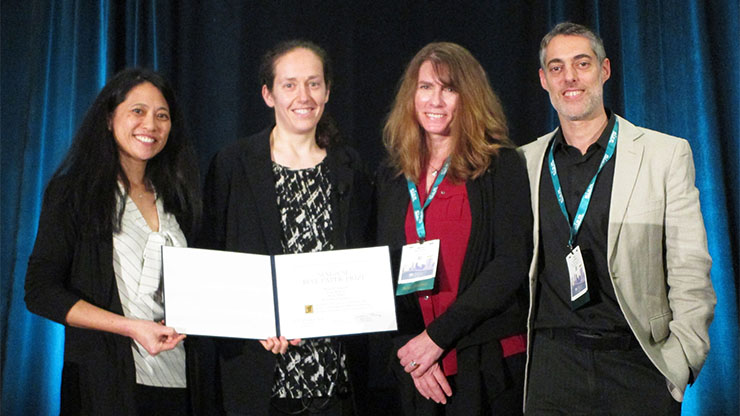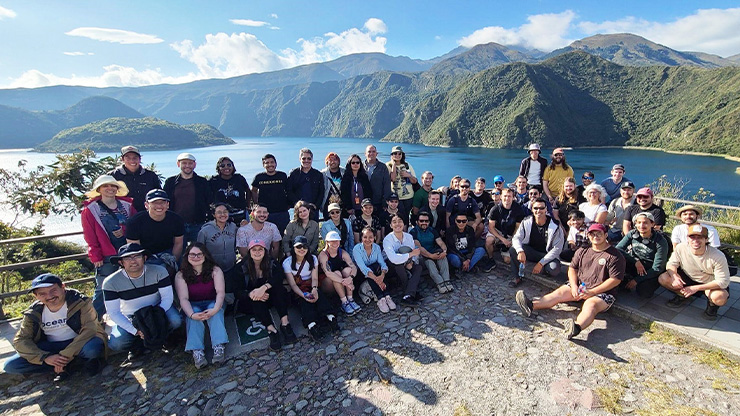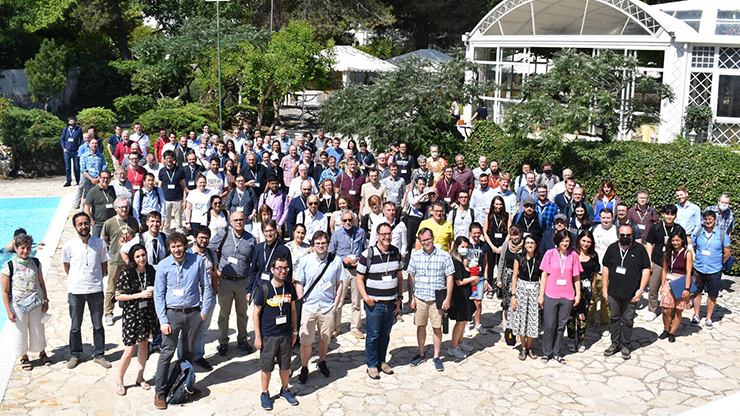Above Cayuga’s Waters: The XXII Householder Symposium on Numerical Linear Algebra
The XXII Householder Symposium on Numerical Linear Algebra took place from June 8-13, 2025, at the Statler Hotel on Cornell University’s campus in Ithaca, NY. Surrounded by glacial gorges and ivy-covered buildings, roughly 170 attendees gathered for a week of lectures, discussions, and camaraderie overlooking Cayuga Lake. While participants explored Krylov subspaces and randomized algorithms, Cornell students in the Nolan School of Hotel Administration honed their hospitality skills with remarkable professionalism.
This year’s program featured 27 plenary talks and two prize talks that spanned the full breadth of contemporary numerical linear algebra. Topics ranged from theoretical advances in randomized sketching to practical algorithms for the solution of large-scale linear systems. Plenary speakers included Haim Avron (Tel Aviv University), who addressed connections between linear algebra and quantum computing; Matthias Chung (Emory University), who talked about the role of autoencoders in inverse problems; Ilse Ipsen (North Carolina State University), who presented advances in least-squares preconditioning; Cleve Moler (MathWorks), who shared insights about the intriguing properties of the Redheffer matrix; and John Urschel (Massachusetts Institute of Technology), who sought to estimate the numerical range of matrices.
The Householder Symposium is known for its distinctive and well-loved traditions. Each meal featured randomized seating, which ensured that everyone was well acquainted by the end of the week. Attendees enjoyed a welcome reception on Sunday evening and stayed through the closing lunch on Friday afternoon, fostering an uninterrupted week of mathematical immersion.
One tradition that tested both the resolve and fitness of participants was the midweek excursion, which offered the option of a moderate hike with nontrivial elevation gain at Robert H. Treman State Park. Those in search of a more relaxed afternoon took advantage of Cornell’s location in the Finger Lakes and visited a local winery or opted for a more leisurely hike in Taughannock Falls State Park to see its namesake waterfall.
Another highlight of the conference was the poster session, which showcased the contributions of both early-career and established researchers. Presenters covered a wide range of topics, from preconditioning and low-rank approximation to eigenvalue algorithms. Ice cream from the Cornell Dairy Bar was served throughout the session and provided an additional draw.
On the penultimate day of the meeting, the 2025 Householder Prize was awarded to Alice Cortinovis (University of Pisa), Jorge Garza-Vargas (California Institute of Technology), and Jess Banks (University of California, Berkeley). Cortinovis was recognized for her work on low-rank approximation and randomized algorithms, while Garza-Vargas and Banks were jointly honored for their convergence theory of the QR algorithm for non-Hermitian matrices.
The 2025 symposium was made possible through generous support from SIAM; MathWorks; Gurobi Optimization; Google; the U.S. National Science Foundation; and Cornell’s Ann S. Bowers College of Computing and Information Science, Center for Applied Mathematics, Department of Computer Science, and Department of Mathematics. Their collective sponsorship ensured the smooth handling of all logistical details, allowing the event’s focus to remain on research, learning, and collaboration.
As the final talks concluded and participants gamely gathered for a conference photo, it was clear that the XXII Householder Symposium had achieved its goals. The 2025 meeting continued a tradition that was established more than 60 years ago by Alston Householder himself—a former president of SIAM—and reaffirmed the vitality and warmth of the numerical linear algebra community. A complete history is available online.
The next Householder Symposium will take place in Pontresina, Switzerland, in 2028. Until then, the spirit of Householder will live on in our collaborations and memories.
About the Authors
Anil Damle
Associate professor, Cornell University
Anil Damle is an associate professor of computer science at Cornell University. His research focuses on scientific computing and numerical linear algebra.
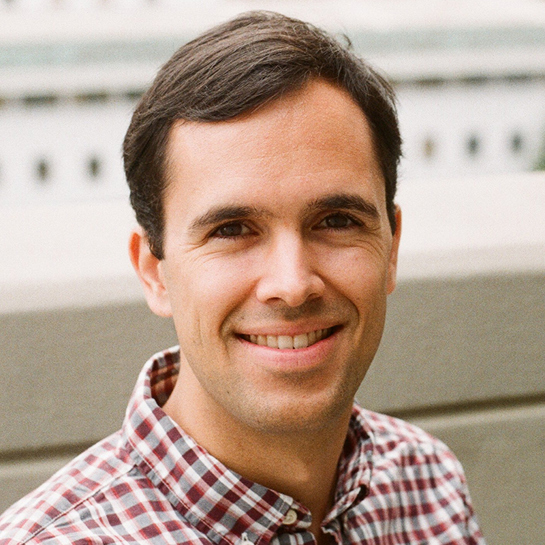
David Bindel
Professor, Cornell University
David Bindel is a professor of computer science at Cornell University. His research focuses on numerical linear algebra, microsystems engineering, and stellarator optimization.
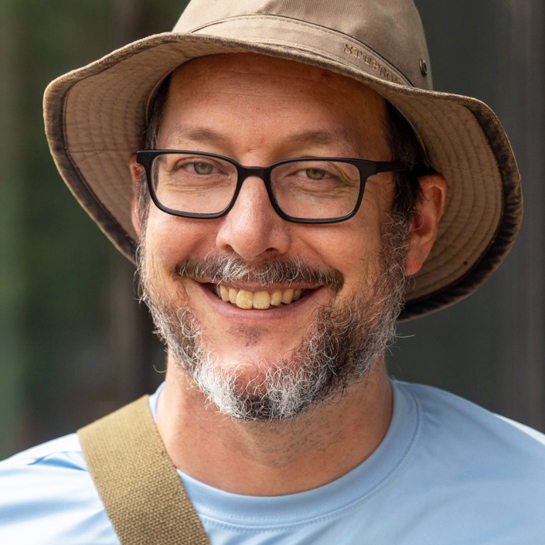
Alex Townsend
Professor, Cornell University
Alex Townsend is a professor in the Department of Mathematics at Cornell University. His research focuses on the development of algorithms for numerical linear algebra, scientific computing, and operator learning.
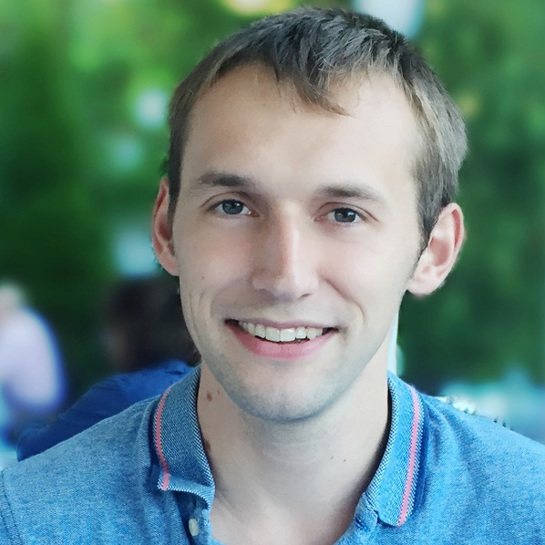
Stay Up-to-Date with Email Alerts
Sign up for our monthly newsletter and emails about other topics of your choosing.




